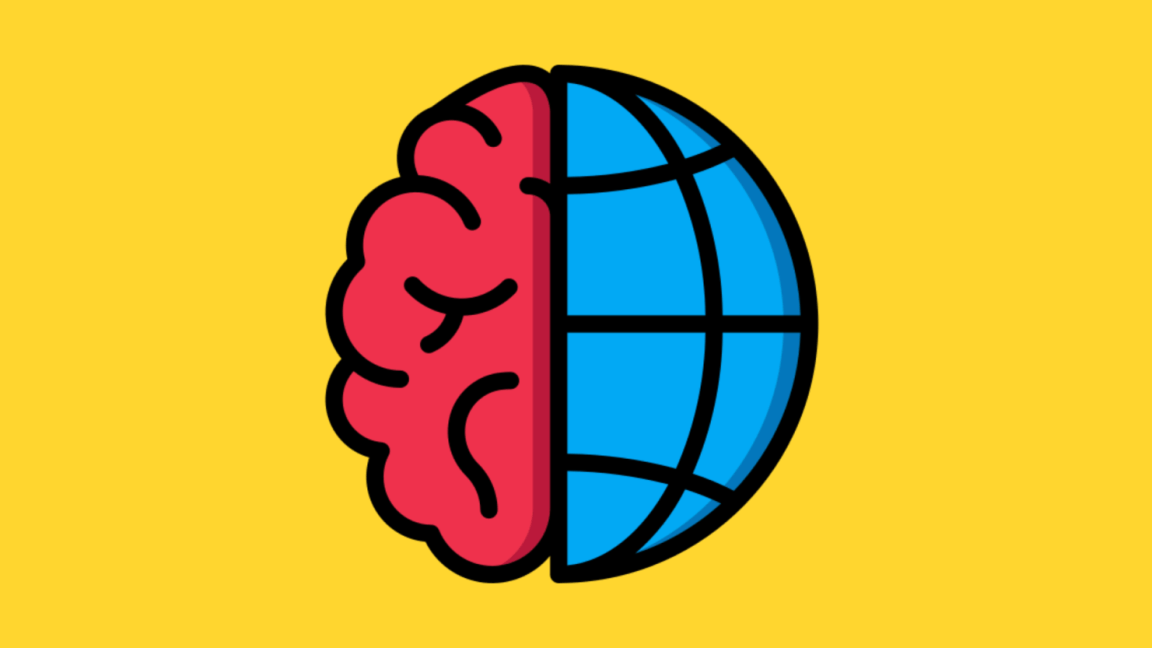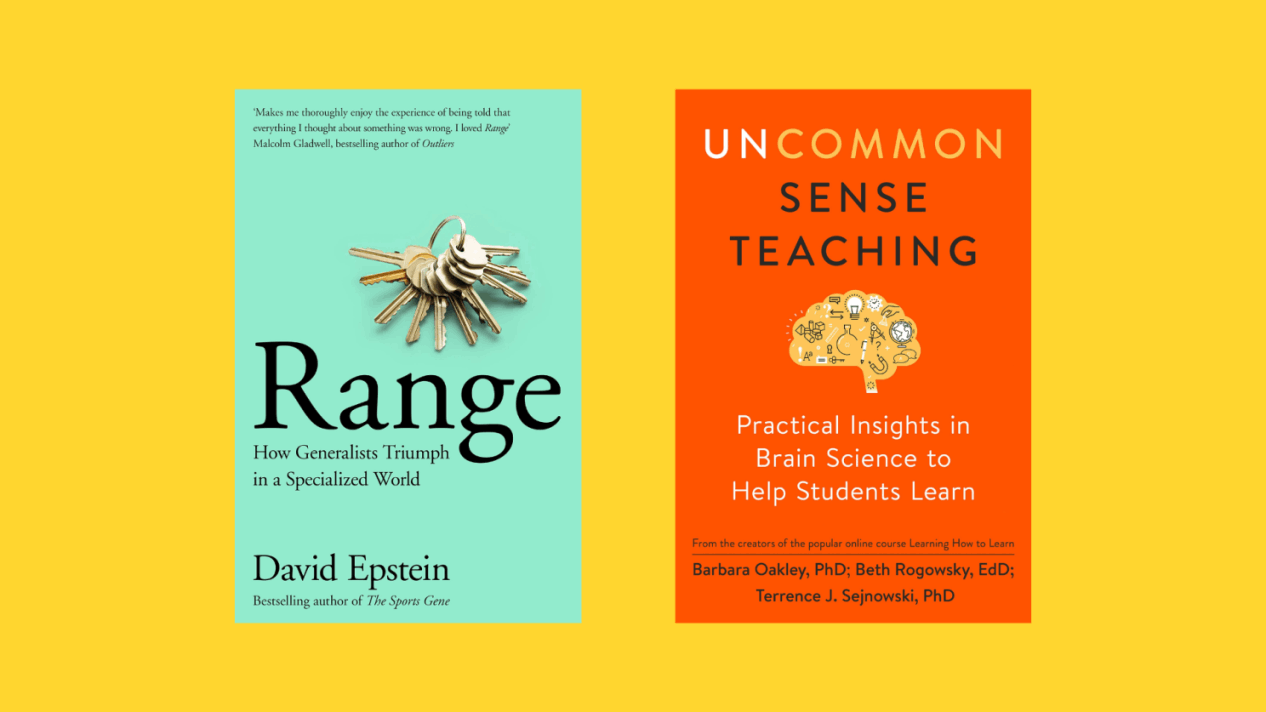
July 13, 2022
I repeatedly - almost daily - find posts regarding domain switching.
“I majored in X, can I get a job in Y ?”
“I worked in X for 3 years, I don’t know if I can be competent in Y” and
“Can I pursue my master's degree in X, even though my undergraduate major was in Y”
We live in an age of hyper-specialization. To illustrate, once you pass the 10th grade, you have to decide whether you want to study Science, Arts, or Commerce. Not to mention the kids who - right from 7th grade or earlier - start preparing for entrance exams. With each year, we limit our education to a narrower field.

We live in an age of hyper-specialization. To illustrate, once you pass the 10th grade, you have to decide whether you want to study Science, Arts, or Commerce. Not to mention the kids who - right from 7th grade or earlier - start preparing for entrance exams. With each year, we limit our education to a narrower field.
Switching domains is looked down on. You might get demoted to a lower post, or worse, start out in the new domain as a complete fresher. Add to that, you might question your decision, and whether you can ever be as good as your new domain colleagues.
Studies indicate, on the contrary, that acquiring a broader range of skills and experiences is linked to being more innovative and successful.
As experts silo themselves further while computers master more of the skills once reserved for highly focused humans, people who think broadly and embrace diverse experiences and perspectives will increasingly thrive.
For this article, I referred the following two books:

1. Range: Why Generalists Triumph in a Specialized World (David Epstein)
2. Uncommon Sense Teaching: Practical Insights in Brain ( Barbara Oakley, Beth Rogowsky, and Terry Sejnowski)
The famous historian of science Thomas Kuhn wrote that in general, only two types of people seem to be able to make breakthrough paradigm shifts— that is, major changes in science. The same "two types of people" idea seems to apply more generally to major changes in many disciplines. The first type of paradigm shifters are young people who have not yet had the chance for their neural pathways to become locked into place through many years of looking through the lens of the dogma they have originally been trained in. The second paradigm shifters are older people who were originally trained in a different discipline. Looking at the new discipline with their very different backgrounds allows them to look with fresh perspectives.
Before we proceed, it's important to understand the term "Match Quality".
Match quality is a term economists use to describe the degree of fit between the work someone does and who they are—their abilities and proclivities. The book (Range) convincingly argues that contrary to popular belief, some of the most successful people in the world are people who don’t specialize early but have jumped different fields (also referred to as Sampling) in search of match quality. This includes the likes of Roger Federer and Charles Darwin.
We maximize match quality throughout life by sampling activities, social groups, contexts, jobs, careers, and then reflecting and adjusting our personal narratives. And repeat. If that sounds facile, consider that it is precisely the opposite of a vast marketing crusade that assures customers they can alight on their perfect matches via introspection alone. A lucrative career and personality quiz and counseling industry survives on that notion. All of the strengths-finder stuff, it gives people license to pigeonhole themselves or others in ways that just don’t take into account how much we grow and evolve and blossom and discover new things.
But people want answers, so these frameworks sell. It’s a lot harder to say, ‘Well, come up with some experiments and see what happens.’
I think this is a challenging question - If students focused earlier, they compiled more skills that prepared them for gainful employment. If they sampled and focused later, they entered the job market with fewer domain-specific skills, but a greater sense of the type of work that fit their abilities and inclinations. Malamud’s question was: Who usually won the trade-off, early or late specializers?
In one of the studies quoted in Range, a scientist analyzed data for thousands of former students, and found that college graduates in England and Wales were consistently more likely to leap entirely out of their career fields than their later-specializing Scottish peers. And despite starting out behind in income because they had fewer specific skills, the Scots quickly caught up. Their counterparts in England and Wales were more often switching fields after college and after beginning a career even though they had more disincentive to switch, having focused on that field. With less sampling opportunity, more students headed down a narrow path before figuring out if it was a good one. The English and Welsh students were specializing so early that they were making more mistakes.
The conclusion of the study: “The benefits to increased match quality . . . outweigh the greater loss in skills.” Learning stuff was less important than learning about oneself. Exploration is not just a whimsical luxury of education; it is a central benefit.
Don’t feel behind. Compare yourself to yourself yesterday, not to younger people who aren’t you. Everyone progresses at a different rate, so don’t let anyone else make you feel behind. You probably don’t even know where exactly you’re going, so feeling behind doesn’t help. Instead, as the books suggested - for the proactive pursuit of match quality, start planning experiments. Prepare your own Learning Path and work on projects.
Approach your own personal voyage and projects like Michelangelo approached a block of marble, willing to learn and adjust as you go, and even to abandon a previous goal and change directions entirely should the need arise. Research on creators in domains from technological innovation to comic books shows that a diverse group of specialists cannot fully replace the contributions of broad individuals. Even when you move on from an area of work or an entire domain, that experience is not wasted.